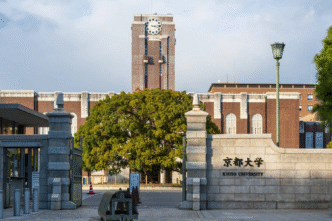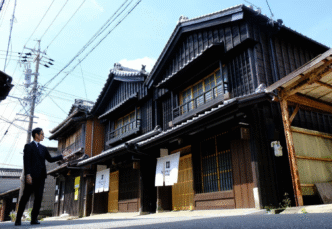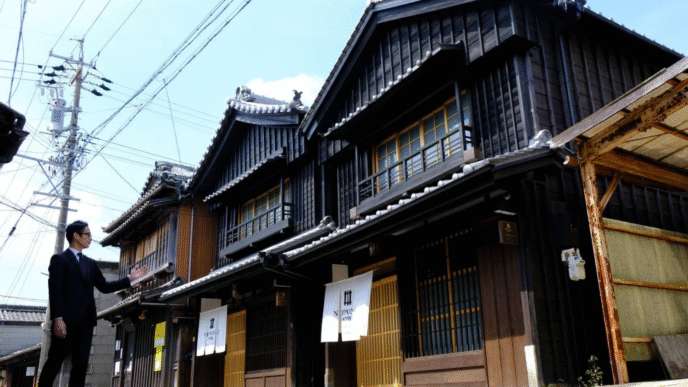
Japan is a country where tradition and modernity coexist beautifully, and nowhere is this more evident than in its accommodation culture. Travelers visiting the country often face a delightful choice: should they stay in a modern hotel, with familiar comforts and efficiency, or immerse themselves in the timeless charm of a ryokan? Both options offer distinct experiences, reflecting different aspects of Japanese lifestyle and hospitality.
What is a Ryokan?
A ryokan is a traditional Japanese inn, some of which date back centuries. Unlike hotels that emphasize convenience and amenities, ryokans focus on authentic cultural immersion. Guests are welcomed with warm hospitality known as omotenashi, and their stay is carefully curated to offer peace, tradition, and a sense of harmony.
Key Features of a Ryokan:
- Tatami Rooms: Floors are covered with woven straw mats, and guests sleep on futons instead of beds.
- Onsen Baths: Many ryokans are built near natural hot springs, offering communal baths that are deeply rooted in Japanese culture.
- Kaiseki Dining: Multi-course seasonal meals, often served in-room, highlight the artistry of Japanese cuisine.
- Yukata & Rituals: Guests wear light cotton robes and experience traditional etiquette, from tea ceremonies to mindful dining.
How Hotels Differ
Japanese hotels—whether budget, business, or luxury—lean toward modern convenience. They cater to global travelers who prioritize accessibility, technology, and variety in dining.
Features of Hotels:
- Variety of Room Styles: From compact business rooms to luxurious suites.
- Amenities: Gyms, restaurants, room service, and modern bathrooms.
- Location Advantage: Hotels are often found in bustling city centers with easy access to public transport.
- Privacy & Independence: Unlike ryokans, hotels focus less on shared rituals and more on giving guests personal space.
The Experience: Tradition vs. Convenience
Choosing between a ryokan and a hotel isn’t about better or worse—it’s about what kind of experience you seek.
- Stay in a ryokan if you want to:
- Immerse yourself in Japanese traditions.
- Experience hot spring baths and kaiseki dining.
- Slow down and embrace mindful hospitality.
- Immerse yourself in Japanese traditions.
- Stay in a hotel if you want to:
- Be close to urban attractions and nightlife.
- Enjoy international amenities and flexibility.
- Have a familiar, modern stay with fewer cultural rules.
- Be close to urban attractions and nightlife.
Cost Considerations
- Ryokans tend to be more expensive, especially those with private onsens and gourmet meals included. A night can range from ¥20,000–¥60,000 depending on luxury level.
- Hotels offer a wide range: budget business hotels may start at ¥6,000 per night, while luxury city hotels can exceed ¥50,000.
Why Not Try Both?
Many travelers combine the two: staying in hotels while exploring cities like Tokyo or Osaka, then switching to ryokans in regions like Hakone, Kyoto, or Kanazawa for a traditional retreat. This way, you experience the best of both worlds—Japan’s modern pulse and its timeless cultural heart.
Final Thought
In Japan, where every detail tells a story, even your choice of accommodation becomes part of the journey. A hotel stay ensures comfort and convenience, while a ryokan stay offers a deeper connection with the country’s heritage. Whichever you choose, both reflect the spirit of Japanese hospitality in their own unique ways.
Source:https://unseen-japan.com/ryokans-vs-hotels-japan-travel/

















